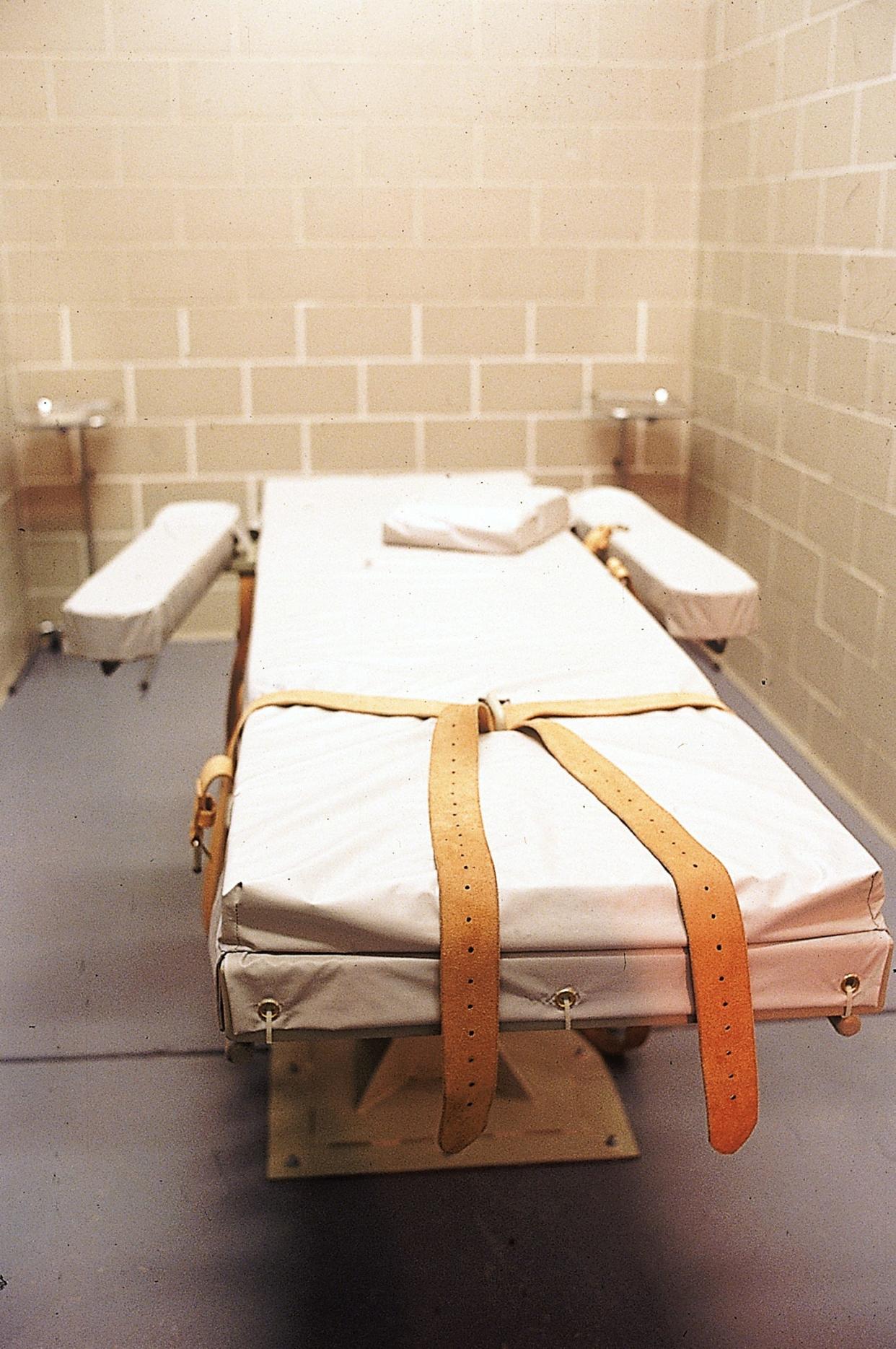Did Arizona juries kept in the dark about the law issue unwarranted death sentences?

In Arizona, there is no parole. It was abolished 30 years ago. Not everyone knows that, however. Including some jurors in murder trials.
And for years judges have said defense attorneys cannot tell them.
Imagine that.
Imagine you’re a juror working a capital case and you didn’t know that a life sentence meant life. You mistakenly believe there is a chance for parole.
You find the defendant guilty. The verdict is unanimous.
Your choices for sentencing are life in prison or the death penalty. You do not want to see this killer walk out of prison. Ever.
Up to 30 condemned could have their sentences reviewed
Would not knowing that life means life make you more inclined to vote for the death penalty?
Be honest.
Because if I was in that situation, it would.
The U.S. Supreme Court thinks so, too. The court ruled – thankfully – that allowing juries to be misinformed or to remain ignorant of such an important fact is not what our justice system is all about.
Sadly, grotesquely, that’s what Arizona’s system has been about, for decades.
Now, as different cases come up, as many as 30 individuals on Arizona’s death row might get new sentencing hearings.
'This whole mess could have been avoided'
Such a thing wouldn’t overturn their guilty verdicts, only whether they should get the death penalty or not.
The problem goes back to a U.S. Supreme Court case in 1994, which said jurors needed to be told when a life sentence means life without parole.
Arizona courts didn’t believe that applied here.
In 2016 there was a subsequent case called Lynch v. Arizona in which the Supreme Court said, again, that Arizona courts need to comply with its previous ruling.
We still didn’t.
Now the Supreme Court is sending cases back for resentencing.
Dale Baich, a former assistant federal public defender in Arizona and a person who knows more about death penalty cases here than just about anyone, said, "This whole mess could have been avoided if the Arizona Supreme Court followed the law that has been in place for nearly 30 years.”
60% prefer life without parole to the death penalty
It’s not just about following the law, however.
What’s worse, really worse, is that our courts didn’t think juries needed to know when a life sentence meant life.
There was a Gallup poll a few years back in which 60% of Americans said life imprisonment with no possibility of parole is a better punishment for murder than the death penalty.
There have been other polls showing that support for the death penalty drops considerably when life without the possibility of parole is on the table.
No one should feel pity for a cold-blooded murderer.
I don’t.
But if we use some twisted legal argument, or misinformation, or ignorance, to put such people to death, I pity us.
Reach Montini at ed.montini@arizonarepublic.com
For more opinions content, please subscribe.
This article originally appeared on Arizona Republic: Did unknowing Arizona juries issue death sentences?

